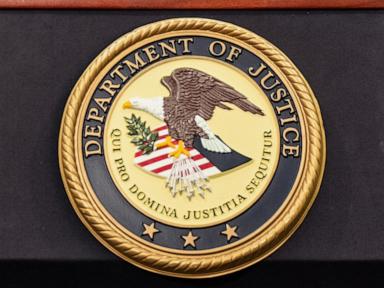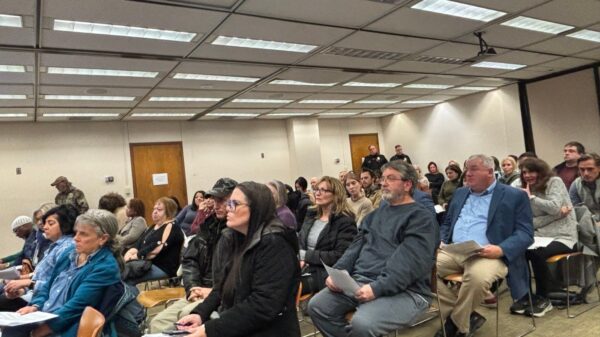Recent commentary by opinion writer Guy Benintendi has sparked significant discussion regarding the intersection of criticism of Israeli policies and the potential promotion of antisemitic rhetoric. In his piece titled “We must resist Zionist propaganda,” Benintendi critiques the actions of the Israeli government while inadvertently perpetuating dangerous misconceptions about Zionism and Jewish identity.
The core of the debate lies in the definition of Zionism, which many argue has been misrepresented. Supporters assert that at its essence, Zionism represents the belief that Jewish people have the right to self-determination in their ancestral homeland, a principle granted to all peoples. In a response from Rabbi Fred Greene of Boulder, concerns were raised that labeling Zionism as “indefensible” does not merely critique specific policies; it undermines the very notion of Jewish peoplehood and their historical rights.
Greene emphasizes that it is possible to be a Zionist while opposing certain Israeli government actions, such as settlement expansions. He argues that support for both Palestinian rights and Jewish self-determination can coexist without contradiction. This perspective highlights a broader narrative that seeks to separate legitimate criticism of a state’s actions from the denial of the historical context and rights of its people.
The opening analogy used by Benintendi, which suggests that Americans are unwittingly influenced by a “Zionist narrative,” invokes age-old antisemitic tropes. Such assertions perpetuate harmful stereotypes about Jewish control over political and social discourse, echoing conspiracy theories that have historically incited violence against Jewish communities. Greene argues that American foreign policy is shaped by a myriad of complex geopolitical factors rather than being dictated by a singular narrative.
Criticism of any nation’s actions is vital in a democratic society, yet when such critiques ignore the historical trauma and rights of Jewish people, they risk crossing into dangerous territory. Greene contends that it is essential to recognize the suffering of Palestinians while also upholding the rights and safety of Jewish individuals. He advocates that demands for justice should not come at the expense of erasing Jewish history or undermining the legitimacy of Israel as a Jewish state.
Looking to the future, Greene emphasizes the importance of dialogue and cooperation between the two indigenous populations of the region. He argues that constructive conversation and mutual recognition are crucial to fostering a peaceful coexistence.
The article by Benintendi, while aiming to critique Israeli policies, has raised alarms among some commentators who believe it perpetuates anti-Jewish sentiment. Greene’s response calls for a more nuanced approach that acknowledges both Palestinian aspirations and Jewish rights, a necessary step towards achieving a lasting peace.







































































